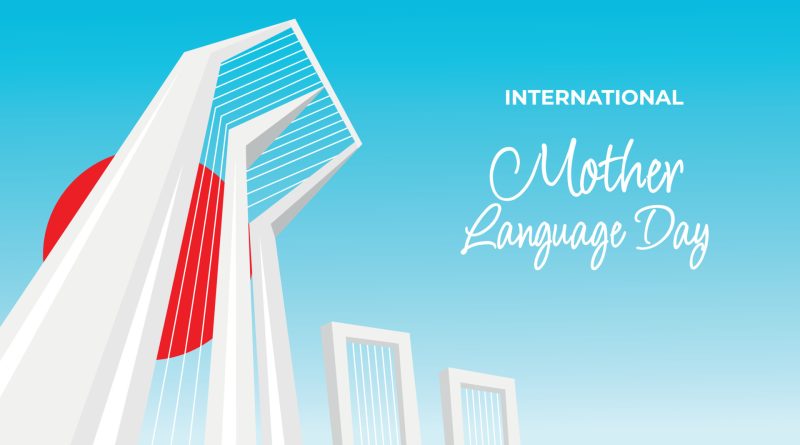Paragraph: International Mother Language Day
International Mother Language Day, observed on February 21st, is a day to celebrate linguistic and cultural diversity and to promote multilingualism. This day was established by the United Nations in 1999 to recognize the importance of preserving and promoting mother languages, which are a key component of cultural identity and heritage. The day also serves to highlight the importance of language as a tool for promoting education, scientific and cultural development, and social and economic progress. Mother languages play a vital role in shaping a person’s identity and are often passed down from generation to generation. They are a means of communication, expression, and cultural transmission, and are deeply intertwined with cultural traditions, beliefs, and values. Despite this, many mother languages are endangered and at risk of disappearing, as people are often encouraged to speak dominant or “official” languages instead. International Mother Language Day serves as an opportunity to raise awareness about the importance of mother languages and to promote language preservation efforts. This can include education and literacy programs in mother languages, as well as efforts to promote multilingualism and cultural diversity. It is also a time to reflect on the challenges faced by linguistic communities, such as language discrimination and the erosion of cultural heritage, and to consider ways to address these issues. In conclusion, International Mother Language Day is a day to celebrate linguistic and cultural diversity and to promote the preservation of mother languages. By valuing and preserving mother languages, we can help to build a more diverse and inclusive world, where people are free to express themselves and share their cultural heritage.

